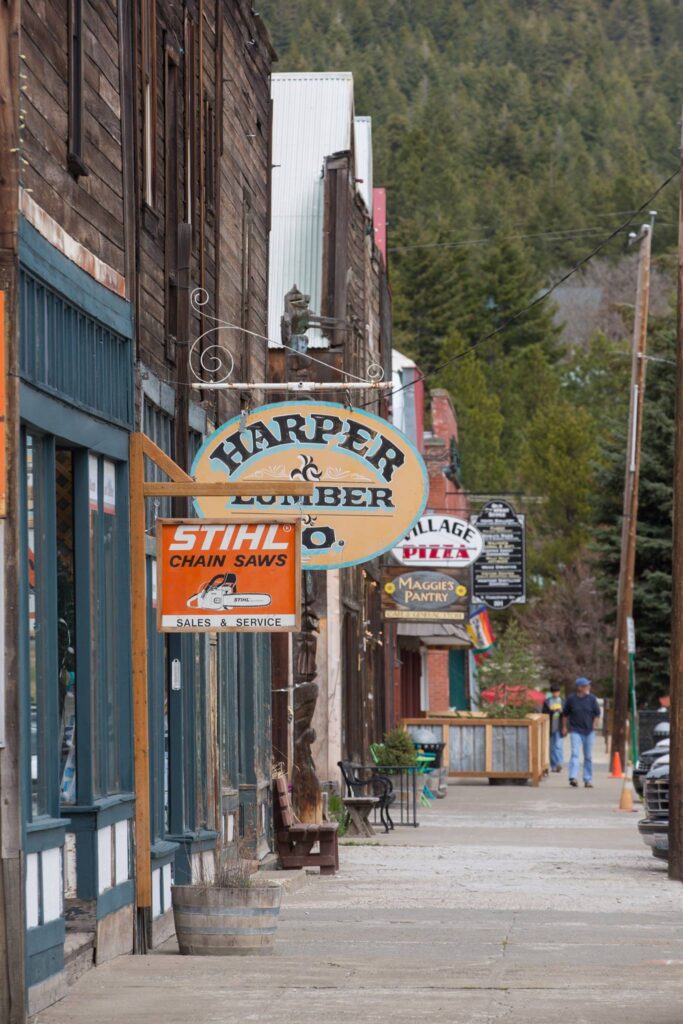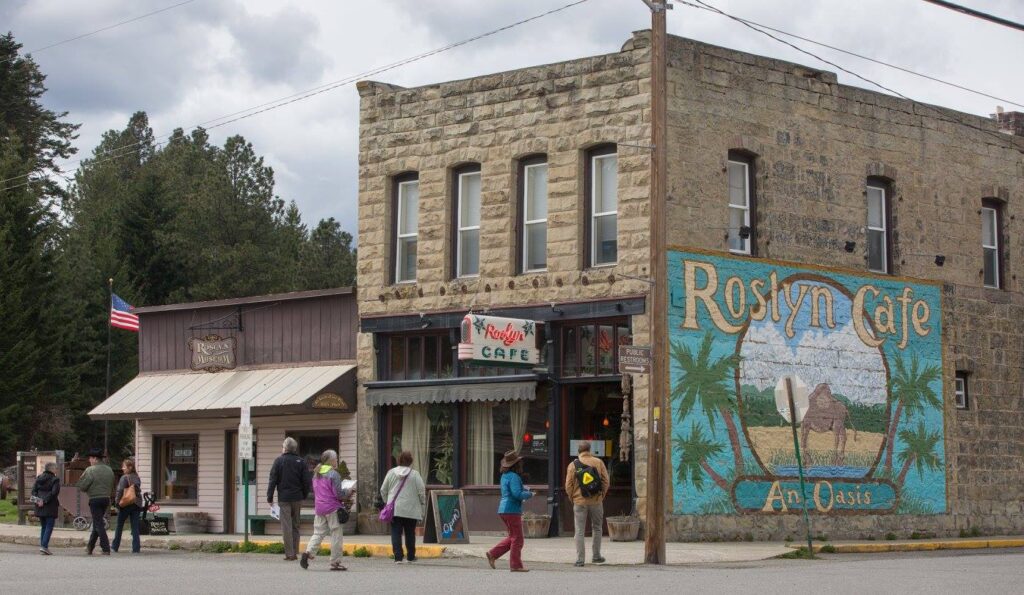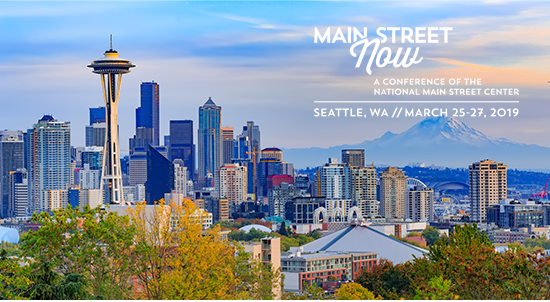
The Main Street Story

Have you ever had a lovely vacation in a delightful town with a charming Main Street? Maybe you have fond memories of a Main Street in the community where you grew up. Or you might even be lucky enough to live in a place with a Main Street Community! Since 1984, the Washington State Main Street Program has been helping communities revitalize the economy, appearance, and image of their downtown commercial districts. They do this by building a strategy centered around a community’s unique heritage and attributes, lifting up what is special about it to make it a fun place to live and visit.
Currently there are 34 designated nonprofit Main Street Communities across Washington. The executive directors of each Community convene quarterly for a day of training and peer learning. They learn everything from business development to street improvement. Nonprofit capacity building is an essential part of this experience for these organizations so they can function effectively and focus on their work.
Disseminating Knowledge for Action
The Main Street Approach® is a time-tested framework for community-driven, comprehensive revitalization that has been around for around 40 years. Washington Nonprofits’ Strategic Planning in Nonprofits (SPiN) is the bridge to transfer this transformational philosophy into action.

As Washington Main Street Director Breanne Durham tells it, strategic planning is a top priority for Main Street leaders as they move from annual work plans to consider big ideas and overarching goals. This is why Durham was excited to participate in a Washington Nonprofits’ Strategic Planning in Nonprofits (SPiN) workshop. She can now integrate her skills from the workshop with experience working with Main Street Communities to adapt these materials so they fit the Main Street context. Durham is not able to individually guide all 34 communities through their strategic planning process, but she can give them the tools they need and offer support along the way.
Advice from the Main Street
As a one-person organizational leader, serving a large and diverse community, Durham shares her insights that lead to success:
- Get everyone together. If you are able, gather the people who are doing the work into a strong network. “Our work as community builders is about bringing people together so they can learn from each other, especially when you are under resourced yourselves.”
- Capacity development needs to be designed with the audience in mind. Previously Durham thought she could offer certain opportunities and resources, and let each program pick what they want. After going to the SPiN workshop, she now realizes that strategic support is catered toward the community in order to better meet their needs.
- Finding resources can be hard. For a community to be able to find a new resource in their region makes a meaningful difference. The Washington State Main Street Program has collaborated with Washington Nonprofits as a membership partner, sharing nonprofit capacity resources and making membership with both organizations more affordable. This way Main Street Communities have the support they need to succeed and can focus on their local needs and future plans.
Washington Main Street is hosting Main Street Now, the National Main Street annual conference this year. The conference will be held in Seattle, March 25-27. Check out the event website to learn more!
Are you a Main Street Community interested in plugging into Washington Nonprofits membership? Use your 25% discount on membership by signing up through this special link and applying the discount code given to you by the Washington State Main Street Program. We can’t wait to connect with you!

The Washington State Main Street Program helps communities revitalize the economy, appearance, and image of their downtown commercial districts in Washington. In 2010 the Main Street Program was moved from the Department of Commerce to the Department of Archaeology & Historic Preservation. The program is managed under contract by the Washington Trust for Historic Preservation.
They have been a Member Partner of Washington Nonprofits since 2018.
